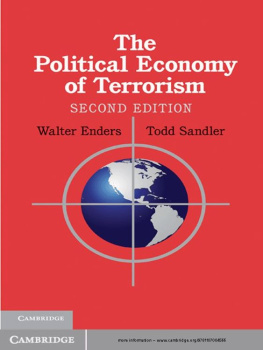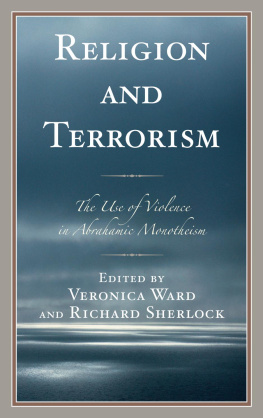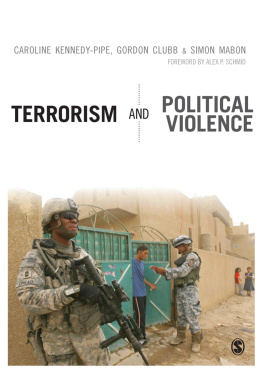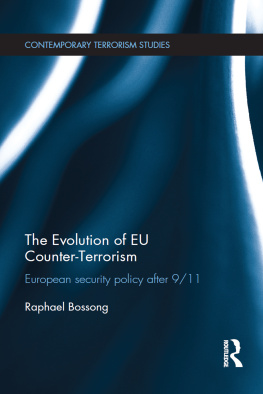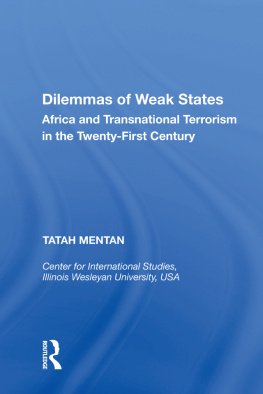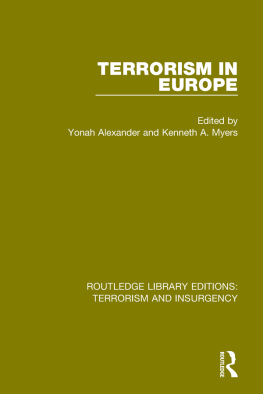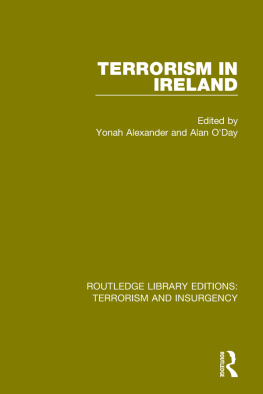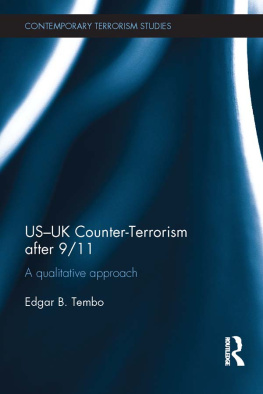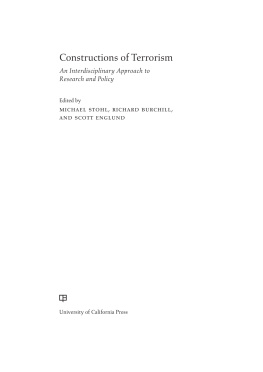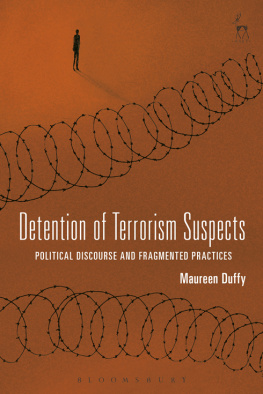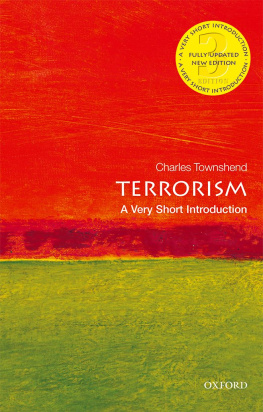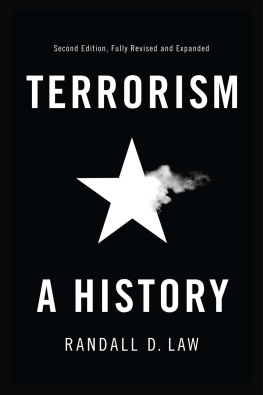The first edition of this book was published in 2006. Since its publication, there has been a tremendous amount of research in economics, political science, operations research, and related fields on terrorism. This is due to the continued security threat to society posed by terrorism and to the large quantity of resources allocated to defensive and offensive counterterrorism measures. Another driver of this interest has been the funding made available by the US Department of Homeland Security (DHS), the US Department of Defense, the European Union, and other institutions for the study of terrorism and the practice of counterterrorism. The Science and Technology agency in the DHS has funded twelve Homeland Security Centers of Excellence to study various terrorism-related issues for example, protecting critical infrastructure against terrorist attacks and preparing for biological terrorism. Some of these centers have degree programs to teach students about the analysis of terrorism, so the need for an up-to-date version of our book has grown.
This second edition is a substantial revision of the first edition; nevertheless, the new edition maintains the structure, analytical orientation, and accessibility of the first edition. The new edition incorporates a number of key changes. First, it brings topics up to date in terms of current thinking and the recent literature. In particular, there is now a lot more insight and knowledge about the economic impact of terrorism, the prospects for international cooperation to thwart terrorism, and the efficacy of alternative counterterrorism tools. Recent research articles have incorporated more agents for example, terrorist operatives, the general population, and targeted governments into the strategic analysis of terrorism. There are more models that address suicide terrorism. Second, the new edition updates the statistical displays to include terrorist-event data through 2008. Unlike the first edition, which focused on transnational terrorism, the second edition also investigates domestic terrorism. Statistics on domestic terrorist incidents come from the Global Terrorism Database, maintained at the University of Maryland. Third, the new edition accounts for changes with respect to DHS, the USA PATRIOT Act, insurance against terrorist incidents, and other institutional concerns. Fourth, the new edition uses recent terrorist incidents for example, the attempted downing of a Northwest Airlines flight on 25 December 2009, the failed terrorist plot to blow up transatlantic flights with liquid explosives in August 2006, and the Mumbai armed attacks on 26 November 2008 as relevant illustrative examples.
The new edition expands the coverage of each chapter so that topics from the first edition are discussed in greater detail. Moreover, new topics are added to each chapter for example, the study of target substitution is addressed in . More graphs and tables have been added throughout the second edition. There is also a new chapter on terrorist groups and their organization. Among other things, this chapter considers how terrorist groups trade off their functionality and connectivity for security when determining their institutional form. This new chapter also investigates characteristics of terrorist groups based on their orientation that is, religious, nationalist/separatist, left-wing, or right-wing. The longevity of terrorist groups is also discussed, along with their tendency to splinter into more groups. In addition, dynamic issues, including recruitment, are investigated.

